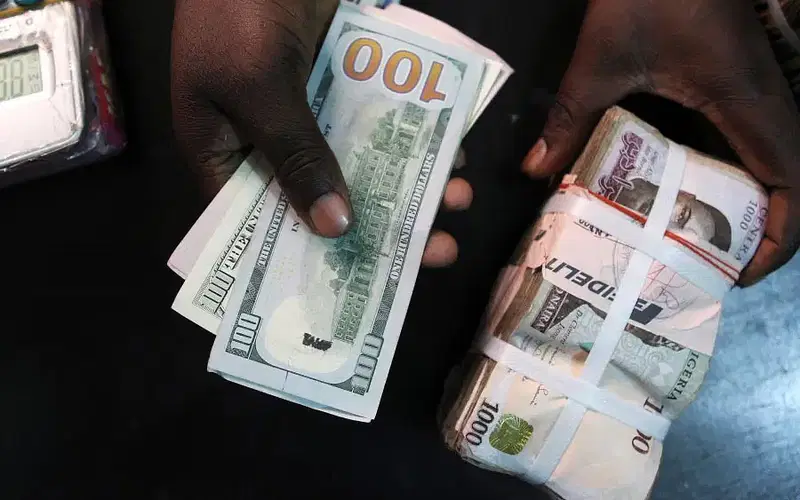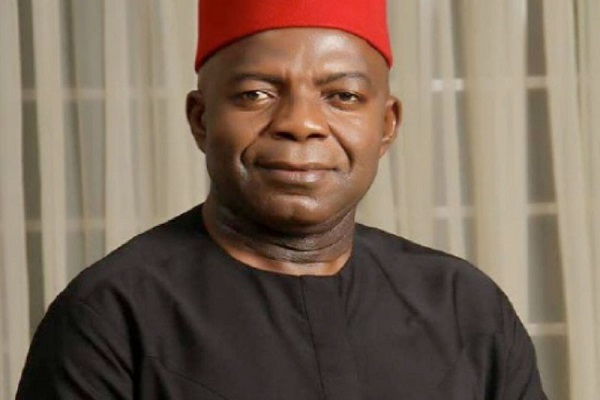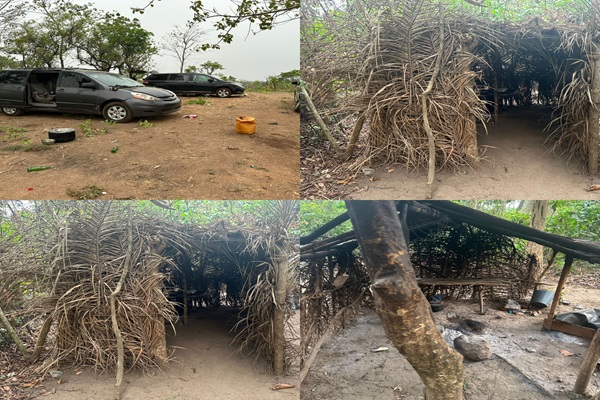The naira traded in the mid-₦1,400 range on official foreign exchange platforms on Wednesday, while the parallel market rate remained significantly higher, hovering around ₦1,485–₦1,505 per dollar. Currency dealers continued to price the greenback above official windows, reflecting ongoing pressure in Nigeria’s FX market.
Key Exchange Rates
Official (NFEM/CBN) — ₦1,460 to ₦1,475 per $1
Parallel/Black Market (Lagos Dealers) — Buy at ₦1,485, Sell at ₦1,505 per $1
Market Summary
Trading at the Daily Nigerian Foreign Exchange Market (NFEM) — the Central Bank of Nigeria’s benchmark for official rates — remained stable within the ₦1,400 band. Banks and wholesale FX players reported steady demand, with no major price swings from earlier in the week.
However, in the parallel market, dealers in Lagos and other major cities continued to quote the dollar at a premium. Retail sell rates hovered around ₦1,505 per dollar, creating a gap of roughly ₦20–₦45 between official and black market prices.
This widening spread highlights the persistent shortage of dollar liquidity in the retail segment and the continuing divide between Nigeria’s official and unofficial FX windows.
Why the Gap Persists
Market analysts and traders have identified several reasons behind the sustained difference between both rates:
High demand from importers and companies that struggle to access official FX channels on time.
Liquidity fluctuations and policy uncertainty, which make short-term pricing volatile.
Although inflation has slightly eased, market sentiment remains cautious, and many businesses still prefer the flexibility of the parallel market.
Read Also;
Dollar to Naira exchange rate today, October 15, 2025
Impact on Nigerians
For many businesses, especially importers, the higher parallel market rate means increased costs for goods and raw materials, which often get passed on to consumers.
For individuals receiving remittances or saving in foreign currency, the rate they get depends on the channel used — official bank transfers typically follow the NFEM/CBN rate, while cash exchanges at Bureau de Change outlets mirror parallel market quotes.
In short, the two-tier exchange system continues to shape Nigeria’s FX landscape, with most everyday transactions still influenced by the black-market benchmark.




